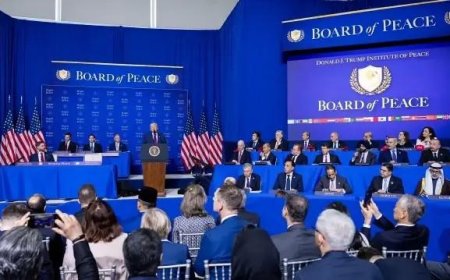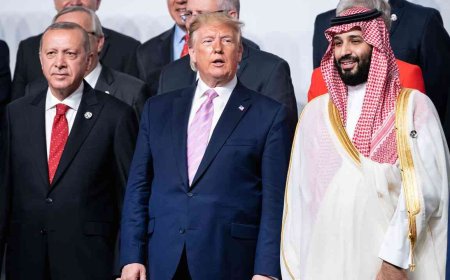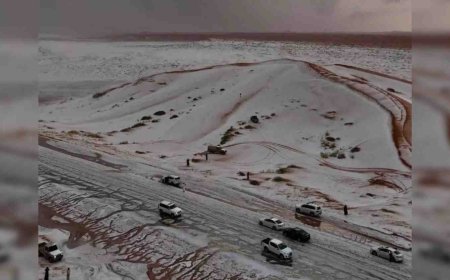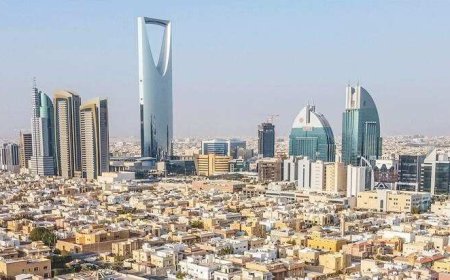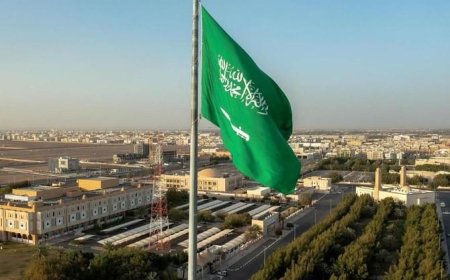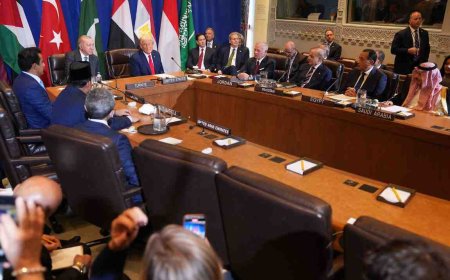Saudi Arabia Celebrates Strategic Breakthrough with Discovery of 14 New Oil and Gas Fields
Saudi Arabia Celebrates Strategic Breakthrough with Discovery of 14 New Oil and Gas Fields
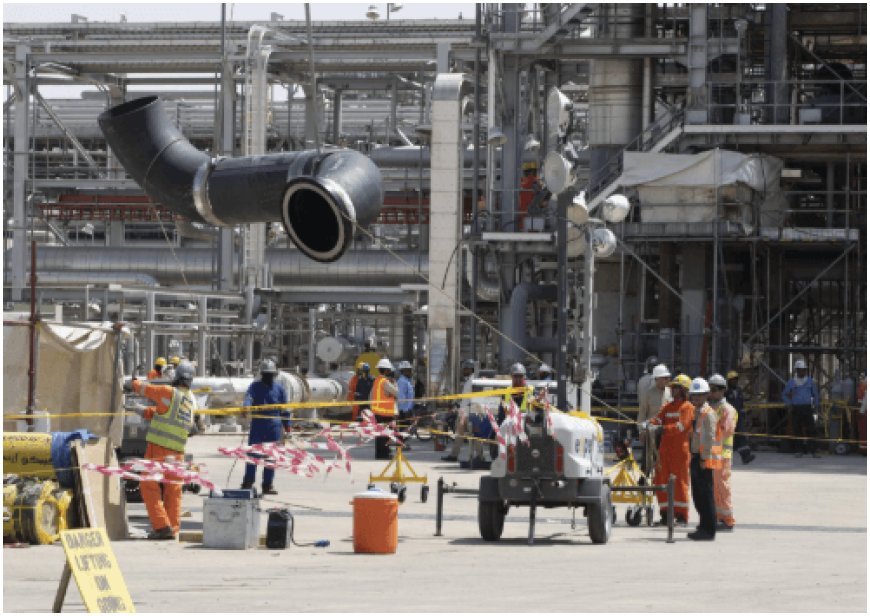
Saudi Arabia has announced the discovery of 14 new oil and natural gas fields and reservoirs across the kingdom, a development that underscores the nation’s continued exploration efforts despite shifting global energy dynamics.
The discoveries were made by the state-owned energy giant Saudi Aramco and are located in the Eastern Region as well as the vast, largely undeveloped expanse of the Empty Quarter desert. According to preliminary reports, the newly discovered fields contain relatively small volumes of hydrocarbons, but they add to the Kingdom’s already substantial energy reserves and may hold strategic value in terms of future production and regional energy planning.
The Ministry of Energy confirmed the findings, noting that although these new fields do not rival the massive reserves that have made Saudi Arabia one of the world’s leading energy producers, they still contribute positively to the nation’s energy security and long-term resource management. The discoveries include both conventional oil fields and natural gas reservoirs, reflecting Aramco’s efforts to diversify its energy output and meet growing domestic and international demand for natural gas. Several of the reservoirs are said to contain sweet gas, a highly desirable type of natural gas with low sulfur content, which is easier to process and more environmentally friendly.
In announcing the discoveries, Saudi Arabia officials emphasized the importance of continued exploration and innovation in sustaining the Kingdom’s energy leadership. The country has long been known for its prolific oil reserves, particularly in the Eastern Province, home to some of the world’s largest oil fields including Ghawar and Safaniya. However, the recent finds, while modest in scale, demonstrate that the Kingdom is still actively prospecting new areas, including remote and technically challenging regions like the Rub’ al Khali, or Empty Quarter, which covers a vast area of desert terrain and remains one of the least explored places on Earth.
Saudi Aramco, known for its technological prowess and operational scale, has reportedly utilized a combination of advanced seismic imaging techniques and deep drilling technologies to identify and evaluate these new reservoirs. The company has invested heavily in digital oilfield technology, artificial intelligence, and enhanced geophysical analysis in recent years, aiming to optimize both the discovery and recovery processes. These new fields, although containing smaller reserves, may prove useful for testing and deploying new technologies in a real-world setting, serving as platforms for innovation that could yield higher efficiency and reduced environmental impact.
The discovery of natural gas fields is particularly significant for Saudi Arabia’s evolving energy strategy. As part of Vision 2030, the Kingdom has set ambitious goals to reduce its reliance on oil exports and develop a more balanced and diversified energy portfolio. Increasing the production and utilization of natural gas is central to this strategy, not only to meet rising domestic electricity demand and support industrial growth but also to pave the way for cleaner energy solutions. Gas-fired power generation, for instance, is less carbon-intensive than oil-based alternatives and plays a key role in Saudi Arabia’s efforts to lower emissions while maintaining energy security.
Moreover, the development of smaller oil and gas fields can offer strategic advantages. These fields often come with lower operational risks and shorter development timelines compared to major discoveries. They can be integrated into existing infrastructure with relative ease and used to supply nearby industries or communities, enhancing regional development. In the long term, these fields may also contribute to feedstock for petrochemical industries, a sector Saudi Arabia is actively expanding as part of its economic diversification agenda.
While the global energy market is undergoing a significant transition, with increasing attention on renewables and climate change mitigation, Saudi Arabia continues to assert the importance of oil and gas in the global energy mix. Officials have maintained that fossil fuels will remain a key component of global energy supply for decades to come, particularly in emerging economies where demand continues to grow. At the same time, the Kingdom is investing in renewable energy projects and sustainable technologies, positioning itself as both a traditional energy powerhouse and a leader in the energy transition.
What's Your Reaction?









